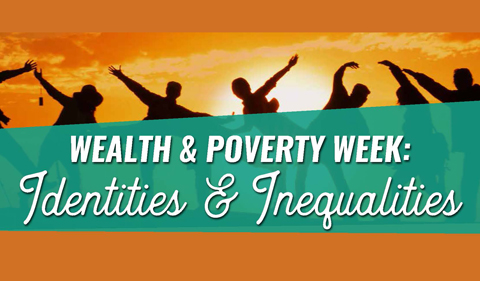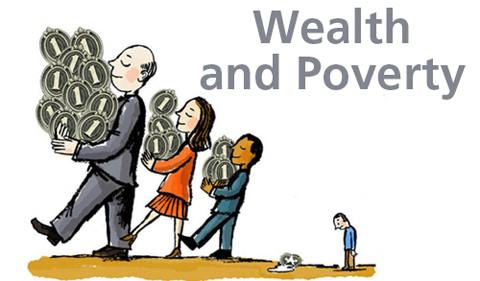
The Wealth and Poverty Theme presents Dr. Eve Ng, on “Constraint and Possibility in the Transnational Funding of LGBT Advocacy,” Monday, Feb. 5, noon-1 p.m. in Alden 319.
Eve Ng is an assistant professor in Media Arts and Studies and Women’s, Gender, and Sexuality Studies at Ohio University, where she teaches courses on media representations, gender and globalization, and media and globalization. Her research on cultural production and viewer engagement, feminist and queer analyses of contemporary media, and LGBT activism has been published in Communication, Culture, and Critique, Feminist Media Studies, Popular Communication, Transformative Works and Cultures, and the Routledge Companion to Media and Human Rights.

Dr. Eve Ng
Abstract: Globally, transnational funding for LGBT advocacy has both increased and become contested ground. On the one hand, funders now come from an expanded set of donor types and often support projects beyond HIV/AIDS prevention. On the other hand, there have been notable examples of domestic resistance to what is perceived as foreign, imperialist encroachment. In this presentation, I examining two case studies from Singapore to explore the possibilities and constraints of transnational support for LGBT expression, including discussion of how funding originating from more specific mandates can end up taking different cultural and political trajectories.
Her talk is cosponsored with Women’s, Gender and Sexuality Studies. This event is part of the Wealth & Poverty Week on Identities and Inequalities, Feb. 5-9.
About Wealth & Poverty Week on Identities and Inequalities: Our identities affect our lives profoundly; some start impacting us before we are even born and continue until we die. The enforcement of identity norms and the hierarchies associated with different identities can be highly problematic and result in undesirable outcomes. At the same time, our identities can often be a source of belonging and pride. The Wealth and Poverty Week on Identities and Inequalities brings the Ohio University community together to discuss specific inequalities related to identities and also how identities can be part of the solutions to these inequalities.
Any questions? Email Yeong Kim at kimy1@ohio.edu.




















Comments